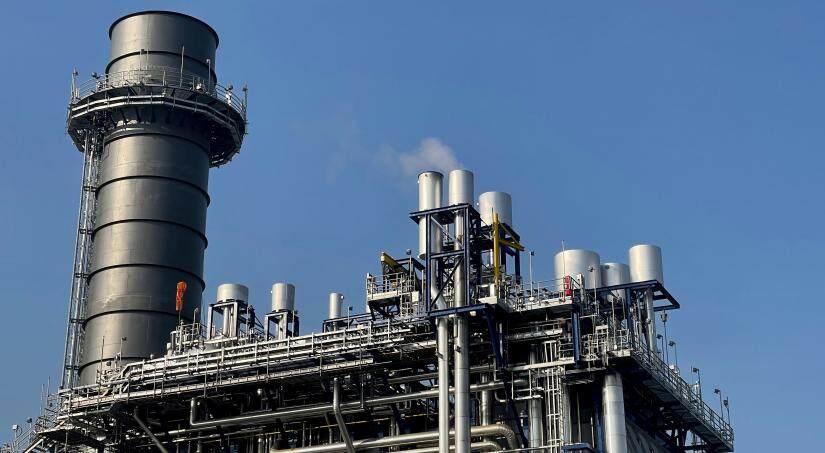Keeping turbines running efficiently during a hot Australian summer’s day can be hard work. But a new technology is drawing on the cold night air to make it easier.


Gas turbines are at the heart of many power plants, but need substantial amounts of fossil or renewable fuels to keep running. Their energy efficiency also drops dramatically when it gets hot – by as much as 30 percent as the mercury passes 40 degrees Celsius.
An invention by researchers at UTS’ Institute of Sustainable Futures can improve the efficiency and cut costs for this critical infrastructure operating in desert and semi-arid conditions, making it ideal for use in the Australian mining industry and remote communities.
In environments where night-time temperatures dip 15-20 degrees Celsius below daytime temperatures, the technology uses the night air to chill a water supply which is then used to cool down moving turbines as the mercury begins to soar towards 40 degrees and beyond during the day.
“I thought if we could cool water to around 20 degrees Celsius at night, store it pretty simply in a tank, then once it gets hot during the day use it to indirect cool the air that goes into the turbine,” says inventor Adjunct Professor Juergen Peterseim.
“The biggest advantage of our idea is that it’s low complexity. For operations like mines, their utmost priority is reliability and keeping production stable in remote locations. That’s the beauty of our system, you can compensate for this heat effect relatively cheaply and simply at exactly the time you need the electricity most.”
The invention has been patented by UTS and licensed to a leading Australian combustion and process engineering company, GASCO, who are looking to take it into feasibility and production for mining and energy clients.
“There are different methods for inlet air cooling with each having certain advantages and disadvantages. We’re looking at a technology that avoids the high costs of some of these, but still provides effective cooling,” says Ian Matthews, GASCO Sales and Marketing Director.
“We’re looking to build a solution here to increase energy efficiency for our clients, and help lower their carbon emissions.”
Deriving from Professor Peterseim’s previous work on solar thermal energy, the technology is expected to also have potential applications in hydrogen and other renewable energy generation in the future.



































